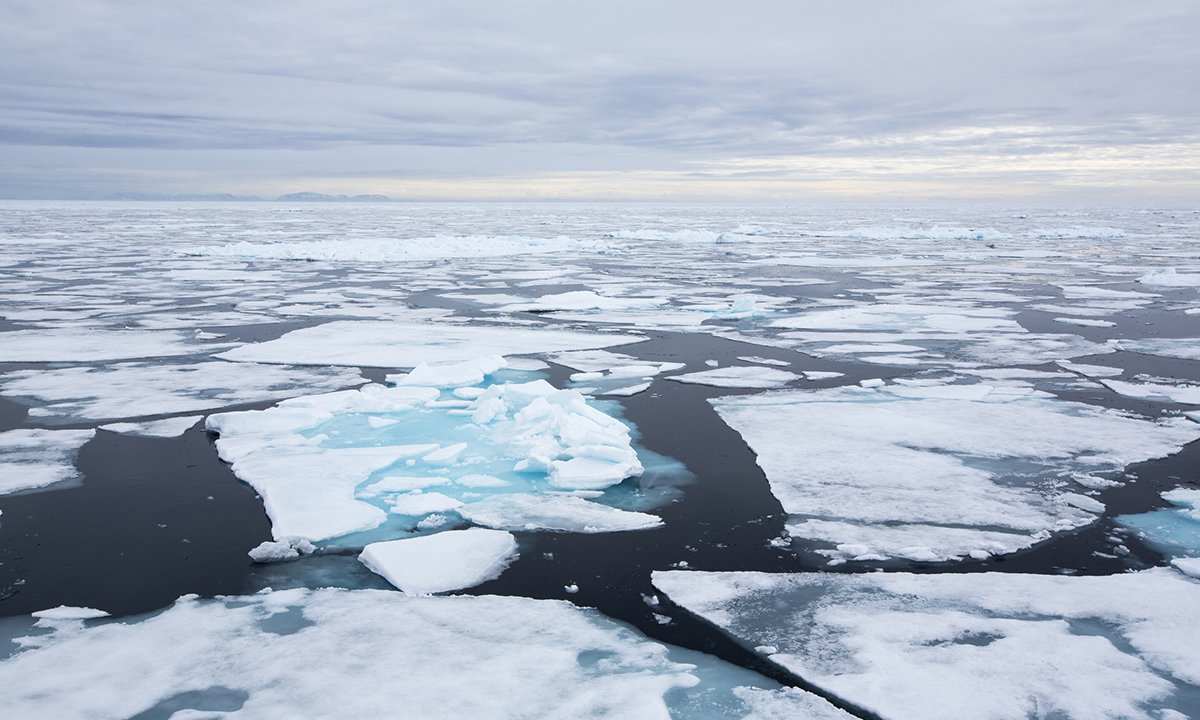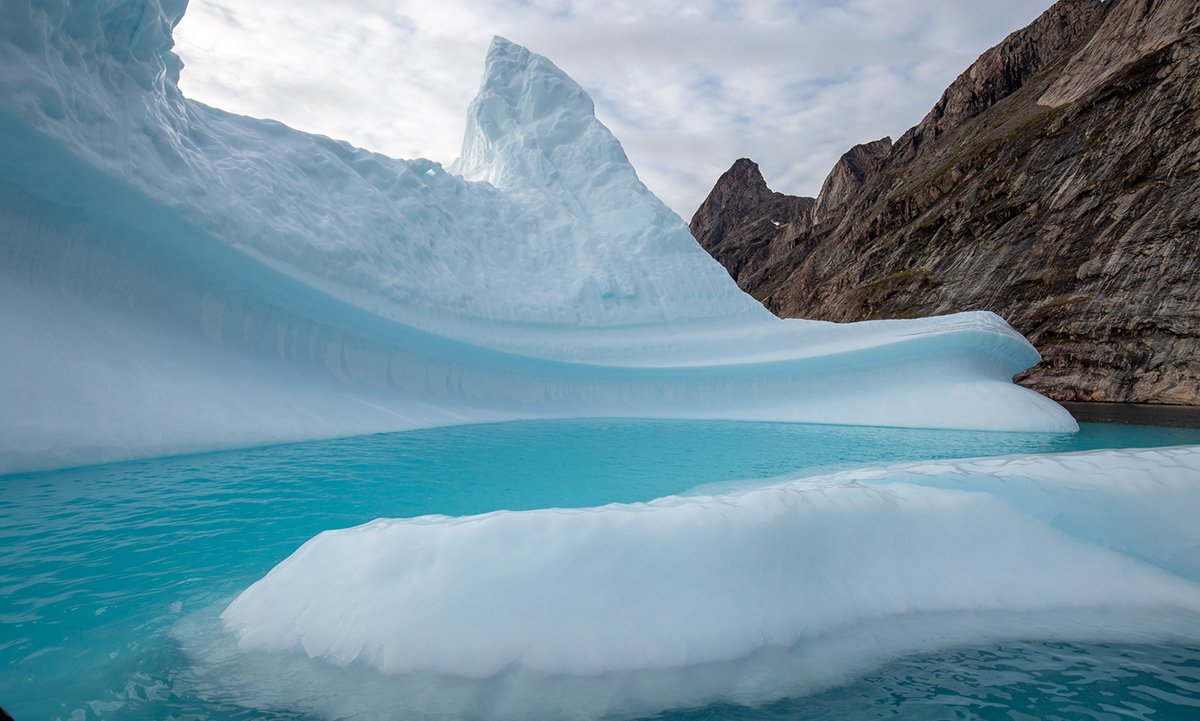

Groundwater depletion has had a profound impact on Earth, causing a measurable shift in its axis of rotation, according to recent research.
From 1993 to 2010, humans displaced more than 2 trillion tons of water by removing them from underground reservoirs, which has caused the geographic North Pole to shift approximately 4 centimeters per year. This discovery, published in Geophysical Research Letters on June 15, is another example of how humans’ actions affect the planet.
Axis Shifts Have Consequences
The stability of a celestial object’s axis of rotation is typically reliable, but changes can occur when there are significant movements of water masses. Ki-Weon Seo, a geophysicist at Seoul National University, explains that astronomers track these axis movements using stationary reference points in distant galaxies.
The largest changes in the Earth’s axis occur seasonally due to the shifting motion of atmospheric masses as weather and seasons change, causing the geographic poles to wobble by several meters annually. In fact, the tilt of the Earth is what causes seasons. If Earth had no tilt, then the length of days and the intensity of solar heating experienced by a person standing at a single place on the surface would be the same year-round.
If the Earth’s axis tilted to 90 degrees, it would trigger significant climate changes, including extreme seasons. In the summer, the Northern Hemisphere would be exposed to almost 24 hours of sunlight for prolonged periods. This prolonged exposure to sunlight could lead to the further melting of ice caps, resulting in elevated sea levels and posing a threat of flooding to coastal cities worldwide.

It’s Not Just Melting Glaciers and Ice Caps
Previously, researchers believed that the melting of glaciers and ice caps played a predominant role in water-induced axis changes. However, Seo and his team found that these effects alone could not fully account for the observed axis shifts. Their recent research recognized that groundwater extraction was likely a significant contributing factor.
Gravitational surveys confirmed that underground reservoirs were depleting, primarily due to widespread irrigation in regions like northwestern India and western North America. The researchers determined that the mass transferred from groundwater pumping into the oceans resulted in a global sea-level rise of approximately 6 millimeters between 1993 and 2010.
These Findings Show Humanity’s Impact on the Planet
The scientists concluded that groundwater depletion significantly affects the Earth’s rotation axis. They estimated that the displacement caused by groundwater depletion leads to a shift of the North Pole by 4.36 centimeters per year.
Did you know that water displacement could affect the Earth’s axis tilt? Tell us in the comments below.









